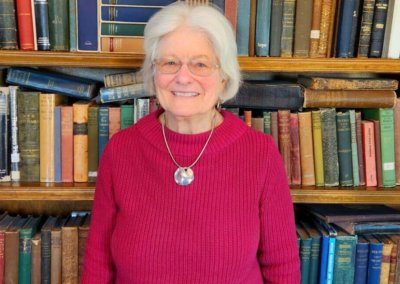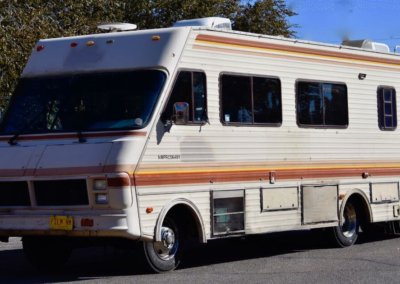The state of Vermont has become the first state in the United States to allow non-residents to end their lives by assisted suicide.
Under the ‘Patient Choice and Control at the End of Life Act 2013’, Vermont permits doctors to prescribe drugs for self-administration to mentally competent patients thought to be suffering from a terminal illness and likely to die within six months.
However, as of 2 May, Vermont lawmakers removed the requirement that a person seeking assisted suicide must be a state resident. Now, people from outside of Vermont can end their lives by assisted suicide within the state if they fulfil the other criteria.
The change follows a settlement in March between the state and a woman from Connecticut, Lynda Bluestein, who wished to end her life by assisted suicide. Vermont agreed she could do so on the provision she complies with other aspects of the law.
Critics of the law are concerned that without residency requirements, Vermont risks becoming a destination for assisted suicide tourists.
Mary Hahn Beerworth, executive director of the Vermont Right to Life Committee, testified before a legislative committee in March saying
“To be clear, Vermont Right to Life opposed the underlying concept behind assisted suicide and opposes the move to remove the residency requirement as there are still no safeguards that protect vulnerable patients from coercion.”
Beerworth added that she had particular concerns about the liability that Vermont might incur should the drugs used to end a person’s life fail to do so.
People who want to end their lives by assisted suicide must make two requests to a physician within a given timeframe and submit a written request in the presence of two witnesses.
Between 31 May 2013, when the law came into effect, and 30 June 2021, there were 116 instances of assisted suicide.
Almost 1 in 5 Canadians said “isolation or loneliness” was a reason for wanting to die
10,064 Canadians ended their lives by assisted suicide or euthanasia in 2021 accounting for 3.3% of all deaths in the country and an increase of 32.4% from the previous year.
17.3% of people in Canada who ended their lives this way cited “isolation or loneliness” as a reason for wanting to die. In 35.7% of cases, patients believed that they were a “burden on family, friends or caregivers”.
Similarly, in Oregon, which UK assisted suicide campaigners, Dignity in Dying, regularly cite as a model for rolling out legislation to the UK, among the end-of-life concerns listed by those who ended their lives, almost half (46.4%) of those who ended their lives reported being concerned about being a “[b]urden on family, friends/caregivers”, and 6.1% said they were concerned about the “[f]inancial implications of treatment”.
A study in Ireland found that almost three-quarters of people over 50 who had previously expressed a wish to die no longer had that desire two years later.
A survey conducted earlier this month of a thousand adults in Canada found 27% would support “poverty” being made a reason for euthanasia and 28% would support “homelessness” being made a reason for euthanasia.
Right To Life UK spokesperson Catherine Robinson said “Critics are right to be concerned that Vermont will become a destination for assisted suicide and euthanasia, and there is now no law to prevent that from happening.”












